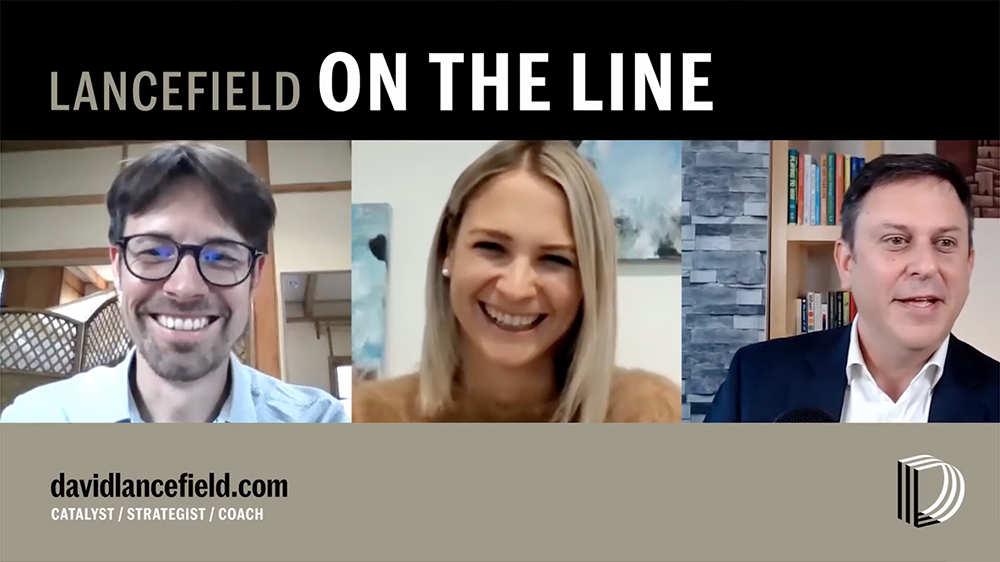Episode 11
Christian Stadler and Julia Hautz: Opening up strategy
Available on these channels and more
For too long, strategy has been conceived and designed behind closed doors, at the top table. For leaders to invite others to contribute is often seen as a sign of weakness, diminishing the leaders’ stature, authority and control. However, the reality is that leaders often find it difficult to develop imaginative ideas on their own, shackled as they are by their conventional wisdom and groupthink. It’s no wonder that many fail.
Opening up the strategy process through contests, crowdsourcing and communities generates better ideas, more realistic plans and more effective execution than a traditional, closed approach. We shouldn’t confuse an open strategy process with a free-for-all. There are important nuances of when, how and by how much to open-up the process. Leaders must act forcefully (sometimes unilaterally) to frame the strategic question, choose whom to involve, establish the rules and incentives of engagement, select the platform for participation, and ultimately, take the decisions.
Professors Christian Stadler and Julia Hautz, two of the four authors of the book Open Strategy: Mastering Disruption Outside the C-suite, describe how to do open strategy skilfully and why it matters.
The best bits of these conversations are captured in my newsletter Flashes+Sparks.
Further resources
- More on the book Open Strategy: Mastering Disruption Outside the C-Suite.
- Christian Stadler’s website.
- Julia Hautz’s website.
“Opening up strategy is not about a transfer of decision rights or democratising strategy. Leaders in an open strategy process initiate the project, facilitate the conversation, recognise contributions and take the decisions.”
Professors Christian Stadler and Julia Hautz
VIEW RUNNING ORDER
| 03.51 | Why it’s taken so long to open up strategy. |
| 05.25 | Why closed strategy is the biggest source of failure. |
| 07.50 | The role of consultants in strategy. |
| 08.47 | When to use open strategy. |
| 11.07 | The role of outsiders in open strategy. |
| 14.09 | The limiting biases we need to overcome. |
| 17.28 | The role of leaders in the strategy process. |
| 19.56 | How crowdsourcing could tap into the potential of conferences. |
| 21.47 | An example of an exemplar company — Saxonia Systems. |
| 24.28 | Treating the strategy process as an investment, not a cost. |
| 27.57 | How open strategy applies to big and small companies. |
| 29.51 | How the authors practise open strategy themselves. |
| 33.02 | The challenges of four authors writing a book. |
| 38.12 | Where to start if you’re thinking about using open strategy. |

Ludmila Praslova: Tapping into our brainpower

Steven Rogelberg: Making meetings count

Caterina Kostoula: Crafting a powerful vision

Tony Martignetti: Making meaningful connections

Oleg Konovalov: Leading by nature

Matt Abrahams: Talking smarter in the moment

Alex Edmans: Dealing with lies

Pia Lauritzen: Connecting through questions


